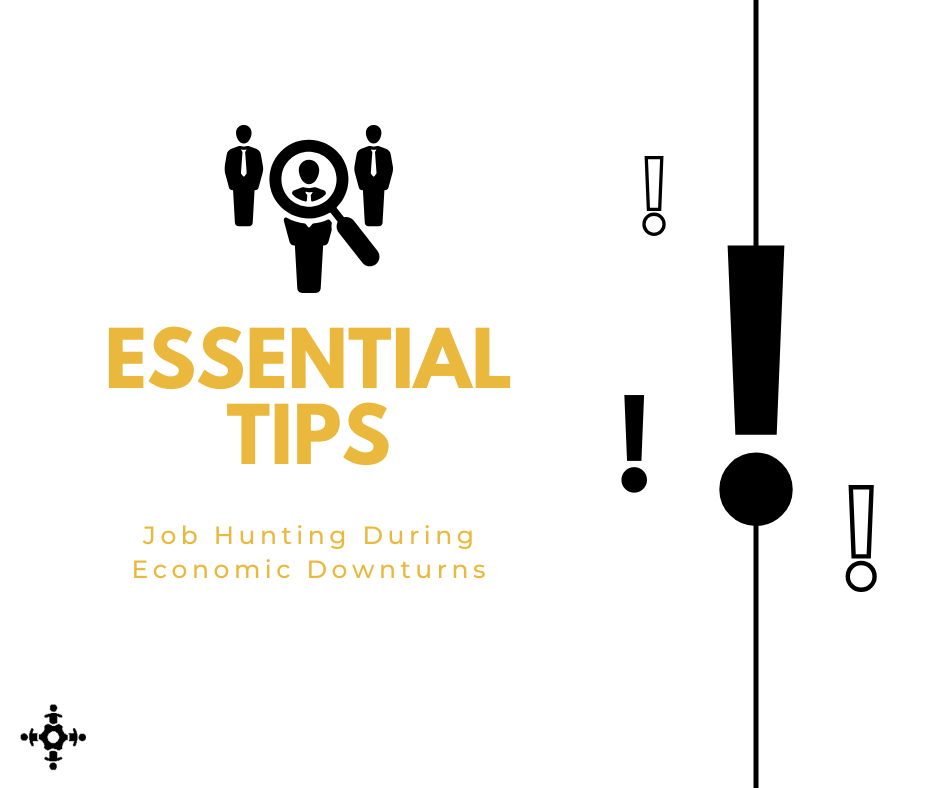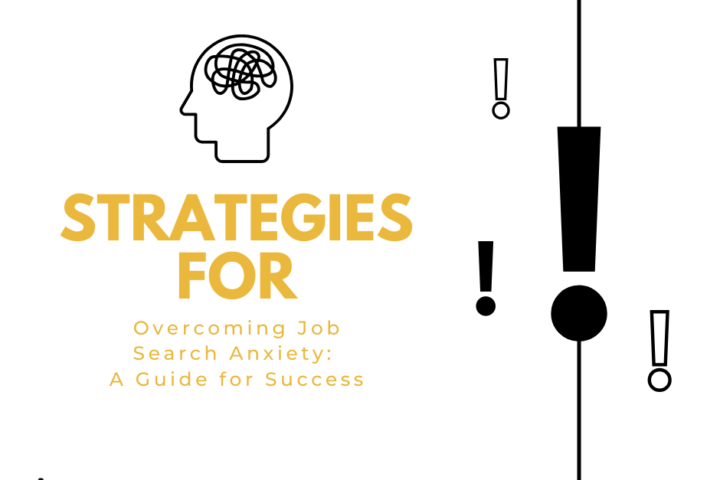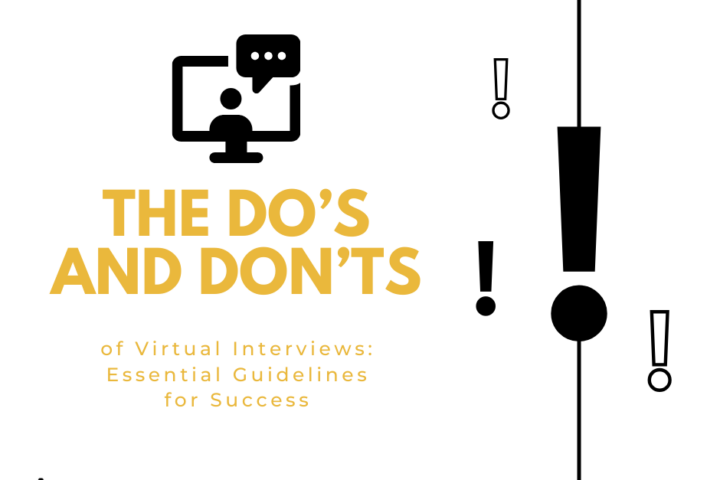Job Hunting During Economic Downturns: Essential Tips
Home » Candidate Advice » Job Hunting During Economic Downturns: Essential Tips
Job hunting during economic downturns can be particularly challenging. With increased competition and fewer job openings, finding employment requires strategy, resilience, and flexibility. Whether you're a recent graduate entering the workforce or a seasoned professional seeking new opportunities, these conditions demand a proactive and thoughtful approach. This article provides essential tips for navigating the job search during economically challenging times.
Understanding the Challenges
Economic downturns often lead to job cuts, hiring freezes, and budget cuts in many industries. Companies become more cautious about expanding their workforce, and the number of applicants per job can increase significantly. Understanding these challenges is crucial as it allows you to tailor your job search strategy more effectively in a competitive market.
Essential Tips for Job Hunting During Economic Downturns
1. Expand Your Skills and Qualifications
Economic downturns might allow you to enhance your skills or acquire new ones. Consider taking online courses, earning certifications, or learning new software relevant to your industry. This can make you a more attractive candidate when opportunities arise.
- Online Learning Platforms: Use platforms like Coursera, LinkedIn Learning, and Udemy to find relevant courses to enhance your skill set.
2. Adapt Your Exceptions
Be realistic about the job market and your opportunities within it. Consider positions different from your previous roles or target more stable or growing industries even during downturns.
- Widening Your Scope: Look into industries that tend to be recession-proof, such as healthcare, education, and utility services.
3. Focus on Networking
Networking is crucial, especially when job listings are scarce. Many positions are filled through connections rather than traditional applications. Increase your visibility by engaging with professional groups, attending virtual networking events, and staying active on professional social media platforms like LinkedIn.
- Informational Interviews: Reach out to professionals in your field to learn about their experiences and advice. This can often lead to job leads and referrals.
4. Tailor Your Application Materials
Customize your resume and cover letter for each job application. Highlight skills and experiences that are particularly relevant to the job description. In times of economic downturn, it is vital to show potential employers exactly how you can contribute to their company.
- Quantify Achievements: Use numbers and data to demonstrate your impact in previous roles, such as cost savings, revenue generation, or project successes.
5. Consider Temporary or Part-Time Positions
Be open to temporary or part-time positions, even if they’re not your ideal choice. These roles can provide an income source while searching for a full-time position and sometimes lead to permanent opportunities.
- Freelance Work: Platforms like Upwork and Freelancer can provide freelance opportunities that help build your resume and bring in income during your job search.
6. Prepare Thoroughly for Interviews
When job opportunities are rare, every interview becomes significantly more important. Prepare thoroughly by researching the company, practicing your responses to common interview questions, and preparing questions to ask the interviewer.
- Mock Interviews: Conduct mock interviews with friends or mentors to refine your answers and improve your confidence.
7. Stay Informed About Industry Trends
Stay updated with the latest trends in your industry. This can help you anticipate market shifts and align your job search and skill development accordingly.
- Industry Publications: Regularly read industry blogs, journals, and news articles to stay informed.
8. Maintain Your Wellbeing
Job hunting can be stressful, particularly during uncertain economic times. Maintain your physical and mental health by setting a routine, exercising regularly, and seeking support when needed.
- Mental Health: Consider talking to a counselor or joining support groups for job seekers to manage stress effectively.
Takeaway
Job hunting during economic downturns requires patience, persistence, and a strategic approach. You can navigate tough financial times by expanding your skills, adapting your expectations, leveraging your network, and maintaining resilience. Remember, every downturn is temporary, and being proactive can position you well for opportunities as the market recovers.






